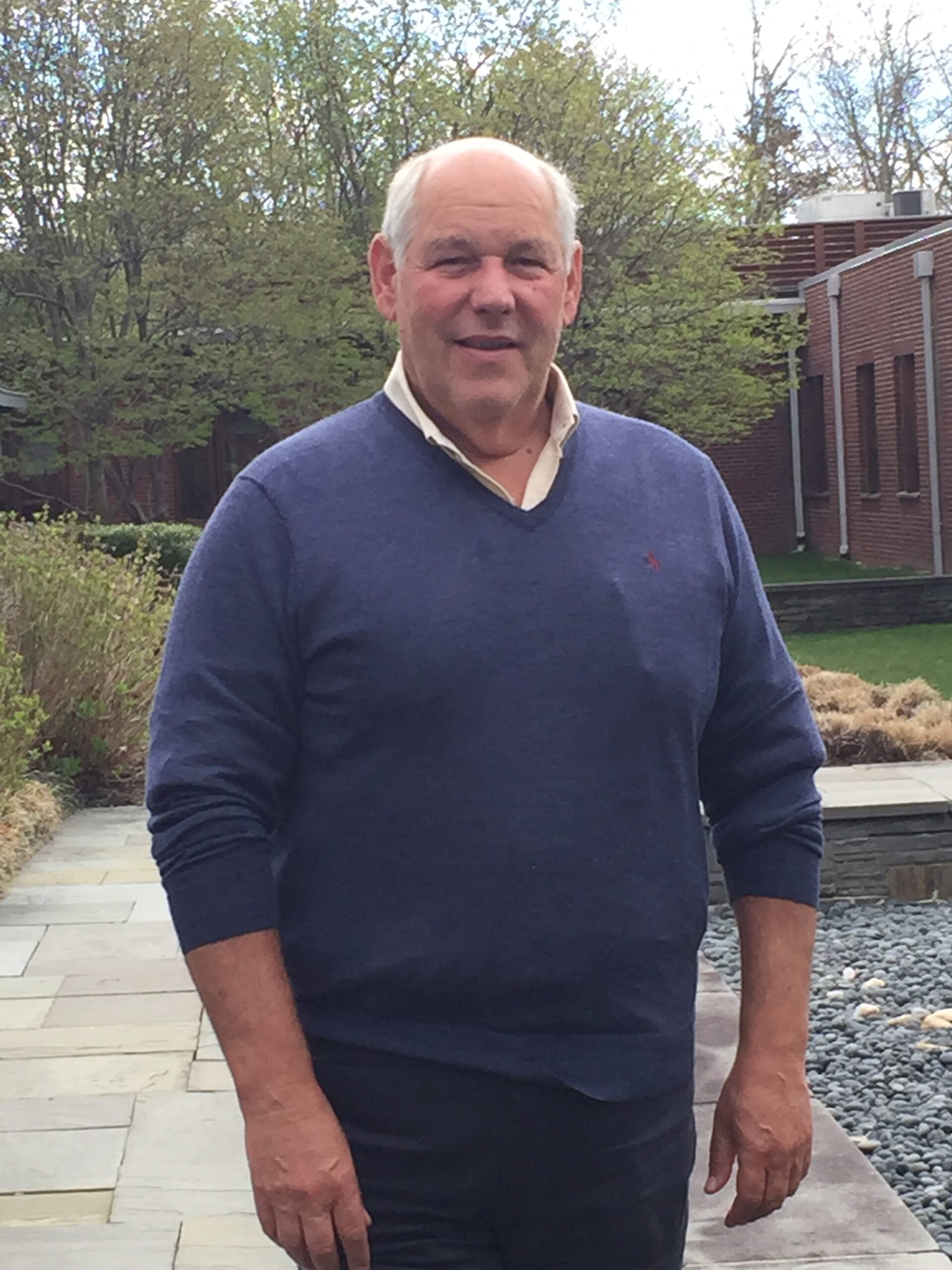Donor Profile: Robert Lourie
Robert Lourie ’82, PhD ’86 understands the importance of basic science research and graduate fellowships in the Physics Department.
by Erin McGrath // MIT Physics Annual 2015

Robert Lourie ’82, PhD ’86 was born and raised in Newton, MA, just outside of Boston. He was not particularly studious in his youth, and left high school in the 11th grade to join the Navy. Robert spent six years on active duty, with almost five of them as a radar technician aboard the USS Ranger (CV-61). Radar sparked his interest in technology and engineering such that he originally thought he would go for an electrical engineering degree after discharge. However, during one leave Robert visited a friend who happened to have on hand the Scientific American issue with Sheldon Glashow’s article on quarks. Robert read it, was hooked, and now attributes his newfound interest in physics to this one event. (At the time, he had no idea that protons were even made of anything!)
After that, and until his discharge, Robert spent as much time teaching himself math and physics as he possibly could. He took his SATs while still on the aircraft carrier and received early admission to MIT in 1978. He arrived at MIT wanting to do experimental physics and because of the opportunities provided in his first IAP period, took a tour of the Bates Linear Accelerator Center. Again, he was hooked, and in the second semester of his freshman year he started working with Prof. Bill Bertozzi, who eventually supervised both Robert’s senior thesis and PhD research.
After earning his PhD, Robert spent another two great years at MIT as a postdoc with the Bertozzi group. Finally, he had to leave the nest and in 1988 he joined the faculty of the University of Virginia. As well as being very involved in the new electron accelerator CEBAF (now Jefferson Lab) in Virginia, Robert continued to do research at Bates. Then, in one of those totally unexpected turns in life, he took a sabbatical to work in finance at Renaissance Technologies, a company founded by his cousin (and fellow MIT alum) Jim Simons ‘58. The work turned out to be as technically challenging as anything Robert had ever done in physics. The job also brought him back to the East Coast and closer to family, and Robert’s original six-month sabbatical is now in its 21st year.
Basic science is one of the highest forms of human endeavor and MIT’s Physics Department is unrivaled in the excellence of its pursuit.
Robert Lourie ’82, PhD ’86
Robert has supported the Physics Department with the renovation of the Lourie Common Room in the Laboratory for Nuclear Science (LNS), along with graduate student fellowship support, which is a top need for the Department. When asked what made him get involved in supporting the Department, he replied, “Simply put, I would not be who I am or where I am today without the experience of MIT. I feel tremendous gratitude towards the Institute that exposed me to so much, taught me so much, and allowed me the opportunity to work with so many brilliant, caring and encouraging people. I am thrilled to give back to those who gave me so much.”
Robert knows the importance of basic science research and how graduate fellowships help with that. He encourages others to support the Physics Department. “Basic science is one of the highest forms of human endeavor and MIT’s Physics Department is unrivaled in the excellence of its pursuit. It is a privilege to be able to participate by means of my support. More practically, financial support, particularly in the form of fellowships, can make a big difference in the life of a budding young scientist. It allows earlier and deeper involvement in their research. If you yourself were once the recipient of a graduate fellowship, take a moment to remember its importance to you.”